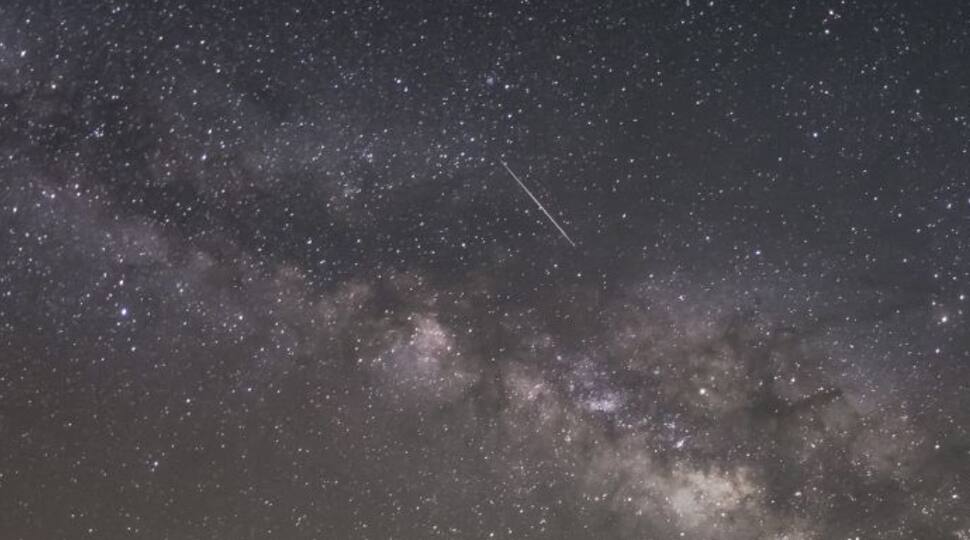A stunning cosmic light show, the Lyrid meteor shower, is set to peak this week and the good thing is that you can witness this epic light show even during the coronavirus COVID-19 pandemic.
Meteor showers occur when debris from the tail of a comet vaporizes in our atmosphere. According to scientists, the glowing trails seen during the Lyrids are fragments of the comet C/1861 G1 Thatcher. These particles of space debris have been visible from Earth for over 2,600 years, trailing behind the Thatcher comet as continues to orbit around the sun.
According to NASA, the meteor shower usually appears between April 16 and April 25 and this year, the peak of the Lyrids will streak the sky with light from Monday (April 21), beginning around 10 p.m. local time, until about 5 a.m. Wednesday (April 22).
European Southern Observatory (ESO) said that around 20 meteor streaks per hour may be visible during this window if the weather remains clear.
The good news is that the Lyrids can be seen without a telescope and they are clearly visible in dark skies, away from light pollution. "Lie flat on your back with your feet facing east and look up, taking in as much of the sky as possible," NASA says. "After about 30 minutes in the dark, your eyes will adapt and you will begin to see meteors."
The peak of Lyrids this year coincides with the new moon which means the flashes of the meteors will be more visible against the dark sky.
Lyrid meteors travel at about 30 miles (49 kilometers) per second. They were first described in China around 687 B.C., and their parent comet was identified and named by NASA in 1861. The Lyrids' radiant is the constellation Lyra and the star Vega, one of the brightest stars in the sky.
















